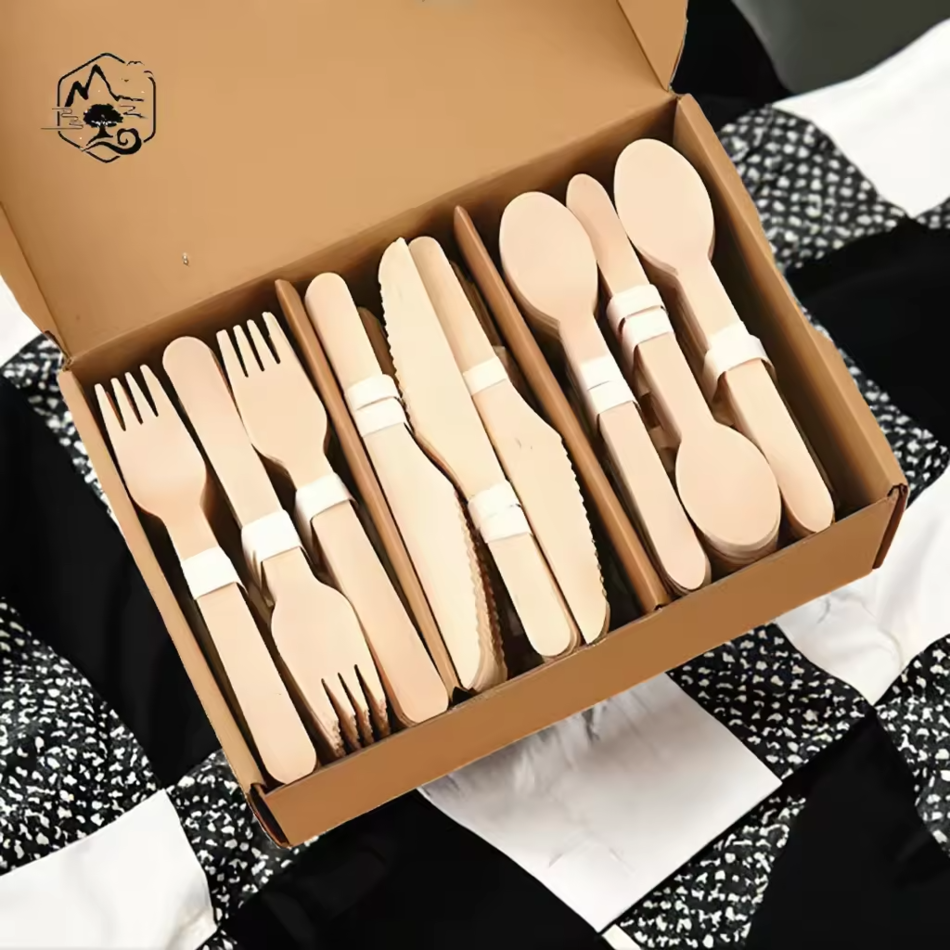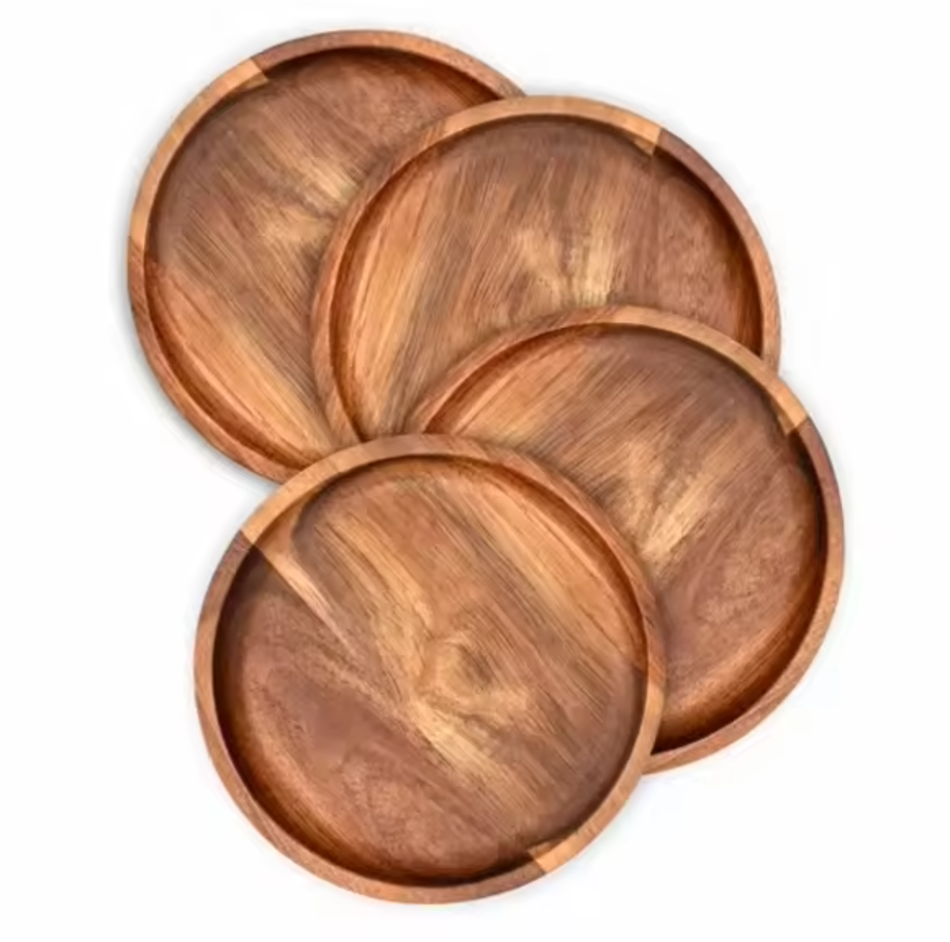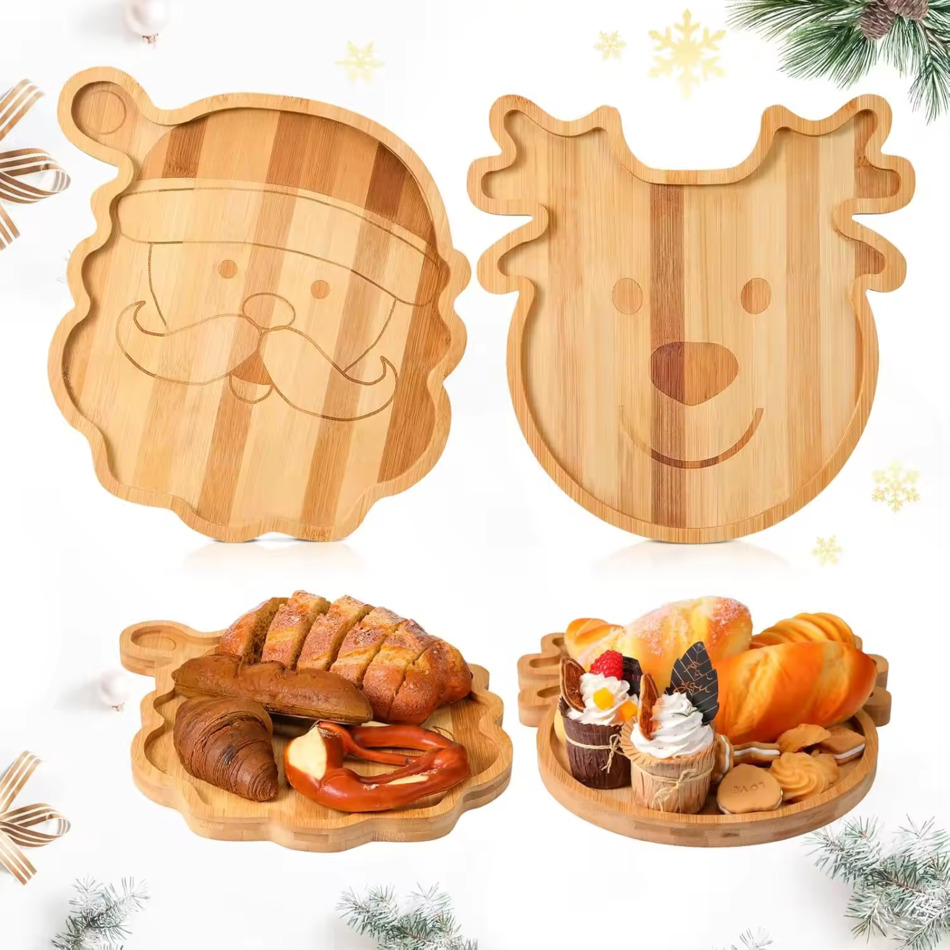In recent years, bamboo fiber tableware has seen a continuous rise in popularity in the global consumer market. With its three core advantages of being environmentally friendly, safe, and practical, it has become a popular choice not only for family meals and outdoor camping but also for catering companies and maternal and infant institutions, accelerating the tableware industry’s transformation towards green and low-carbon practices. Multiple international market examples further confirm the market value and development potential of this new type of tableware.
Environmental attributes are key to bamboo fiber tableware’s global recognition. Compared to plastic tableware, which relies on petroleum resources and is difficult to degrade, bamboo fiber tableware is made from renewable bamboo—its growth cycle is only 3-5 years, and it can regenerate quickly after being harvested, causing minimal damage to the ecological environment. The innovative practices of the American environmentally friendly tableware brand RENEW are quite representative. This brand recycles 5.4 trillion disposable bamboo chopsticks discarded globally each year, processing them into bamboo fiber tableware boards, bowls, and other products. Data shows that producing one RENEW bamboo fiber tableware board can recycle 265 discarded bamboo chopsticks, equivalent to reducing carbon dioxide emissions by 28.44 pounds, effectively solving the waste problem of disposable bamboo products. After its launch, the product quickly captured 12% of the US eco-friendly tableware market.
The dual guarantee of safety and practicality allows bamboo fiber tableware to transcend the limitations of different scenarios. The head of a restaurant chain in Munich, Germany, revealed that since 2023, the company has been purchasing bamboo pulp tableware from a bamboo product company in Guizhou, China. Because the products have passed the EU’s strict food contact material safety certification, are free of formaldehyde, heavy metals, and other harmful substances, and can degrade into organic fertilizer in the natural environment within 90 days, the company has placed five additional orders. Currently, all of its more than 80 stores have fully replaced their tableware with bamboo fiber tableware. Furthermore, this type of tableware can withstand temperatures up to 120℃, can be directly heated in a microwave oven, has a smooth, non-porous surface that does not easily breed bacteria, weighs only one-third of traditional ceramic tableware, and is highly shatter-resistant. Whether for children at home or for outdoor camping, it can meet diverse needs.
According to statistics from global environmental protection industry research institutions, the global bamboo fiber tableware market exceeded US$8.5 billion in 2024, representing a year-on-year increase of 23%. Industry insiders point out that with the increasing awareness of green environmental protection among consumers and the increased efforts of various countries to control plastic pollution, bamboo fiber tableware, with its advantages proven by global cases, will be used in more fields such as maternal and infant products, aviation, and fast food in the future, becoming an important carrier of low-carbon living.
Post time: Nov-26-2025













